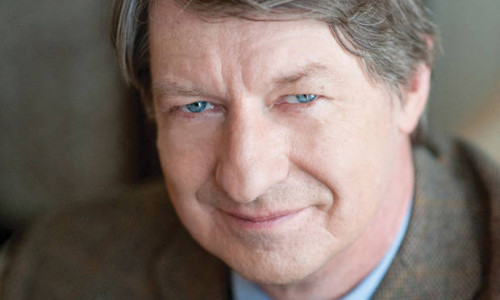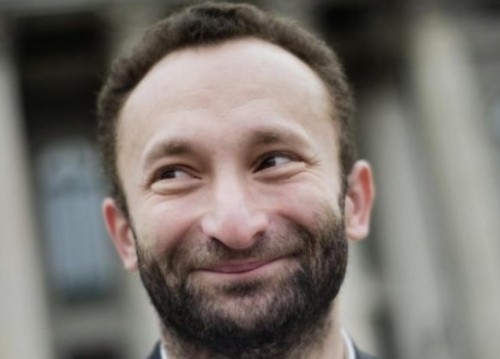P. J. O’Rourke on Ann Coulter: Not-So-Deep Thinking about Race, Anti-Semitism, etc.

I suppose I should cut P. J. O’Rourke some slack. Like him, I was once on the hippie-dippy left during the 60s, and I know it’s hard to get over that. But there are limits. His “She said what?” in the Weekly Standard is an important reminder of how far there is to go to have intelligent discussion of Jewish issues in the mainstream media. O’Rourke, who, it must be stipulated, is a very entertaining writer, wants to call himself a conservative. The sad reality is that he is just the sort of cuckservative who is welcome at The Weekly Standard. As James Fulford points out at VDARE, he has Utopian ideas on race, maintaining that Haitians immigrants are just as acceptable as the Irish — or perhaps even more so if they had to struggle to get here, because, after all, being aggressive enough to get here illegally means that you would be crime-free, have a high IQ, and not be assertive about demanding free stuff paid for by previous waves of White immigrants. Or maybe not.
The main point of this is to discuss O’Rourke’s ideas on Jews and anti-Semitism, but a few preliminaries are in order. He thinks that because the Indians got here first, that Europeans have no right to defend their conquest:
She’s from Connecticut and is very upset about immigrants. I am willing to lend a sympathetic ear to people from Connecticut who are very upset about immigrants, if they have a tribal casino.
But why stop at Native Americans? What about the tsunami of migrants entering European homelands? Would nativism and nationalism by native Europeans be okay? But the same attitudes and forces welcoming the displacement of Europeans in the US are resulting in the displacement of Europeans from lands they have dominated for thousands of years. And we hear the same charges of “racism” and “Nazism” thrown at opponents of immigration in both Europe and the U.S. Focusing on the tribal casinos ignores the problems facing European societies everywhere. Read more








